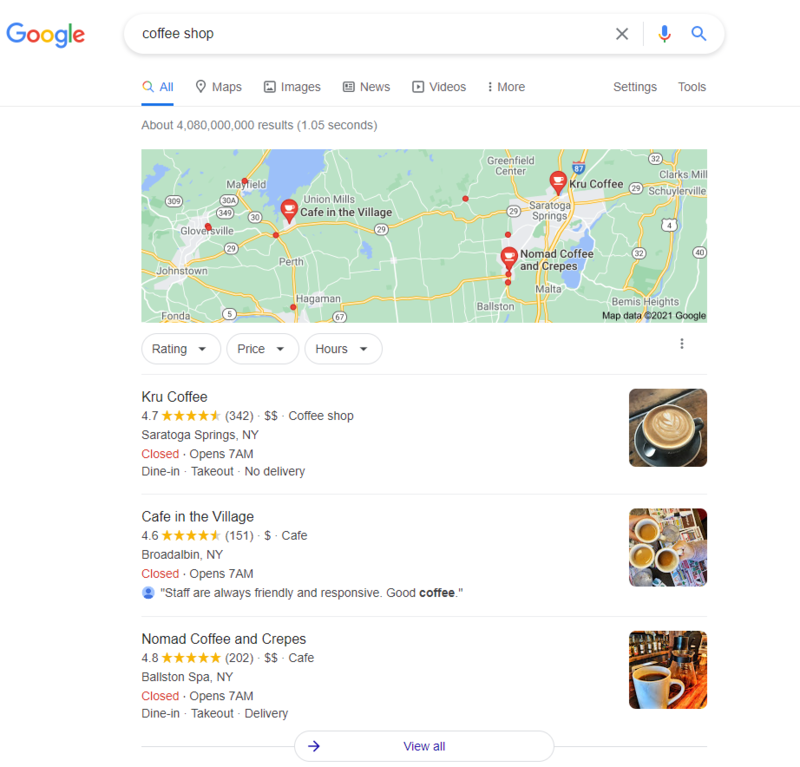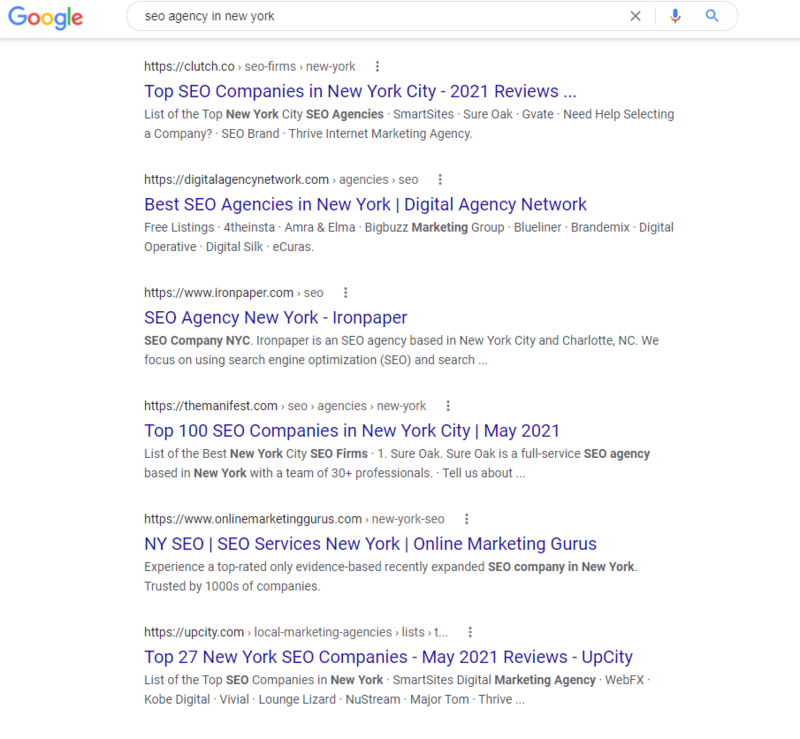How to Do Local SEO Keyword Research in 2023
While so many SEO keyword research strategies are often focused on ranking sites for broad keyword phrases and terms that allow you to attract a wide selection of customers, there is often a hugely overlooked ROI in local SEO keyword research.
Local SEO keyword research is especially important since 46% of all searches on Google are for a local business or service. For companies that rely on local business, local SEO keyword research is even more essential to get the most from local and mobile searches.
However, local keyword research is different from traditional keyword research in that you’re tailoring your research to your local target market(s). In other words, your content needs to resonate with particular locations in order to be seen as being particularly relevant to the search terms.
So, how do you start your local SEO keyword research?
Well, you can begin right here.
I’ll walk you through the basics of how to do local keyword research at scale, step by step.
Contents
Why is Local Keyword Research Important?
There are two main reasons why local keyword research is important.
The first reason is that many users who perform local searches are searching with intent. That is to say that they are looking to take action or make a purchase in the moment.
At first glance, local keywords seem like low volume dead ends. Keyword tools usually don’t give incredibly accurate data for them. However, local keywords represent searches that are more specific than high volume keywords and they represent buyers who are more prepared to buy. Dominating these local keyword niches can be the key to victory over your local competitors.
The second reason is that users are served personalized results when they perform a Google search, and one of the main factors that determines the results is their physical location.
While organic search and its results are based on the relevance to each user’s search query, links (both internal and external), and the other search ranking factors, local search takes into account something different: providing geographically relevant information from the local intent behind its users search queries.
This actually means that for those smaller business owners who have been optimizing their business websites for local SEO would have a better opportunity of targeting larger competitive broad search terms like “hostel”, “dentist”, “florist”, “coffee” and etc.
For example, if you search for “coffee shop” on Google, you won’t be shown the world’s top results for the keyword “coffee shop”.

How to Do Local Keyword Research (Step-by-Step)
Now that we’ve covered the significance of keywords in the role of search localization, how do you pick the right keywords?
Here’s a five-step approach that can help you with your local keyword research.
Step #1. Start with a Seed Keyword
When we do keyword research, we usually start by finding seed keywords and then expanding on those keywords by finding supporting keywords.
A seed keyword (aka “primary” or “head” “main” keywords) is generally one or two words that describe a service, product or solution.
For example, here are keyword topics surrounding SEO:
- SEO
- Technical SEO
- Local SEO
- Google SEO
- YouTube SEO
- WordPress SEO
- SEO Tools
- Backlinks
- Keyword research
There are a few primary sources to identify your seed keywords:
- Terms directly associated with your products or services.
- Terms used by your audience.
- Related search terms found in Google.
- Current ranking pages and content.
- Competitor keywords.
Step #2. Create a List of Keyword Modifiers & Synonyms
Now that you have your common industry keywords, you need to identify relevant modifiers. Modifiers are words like ‘best’ or ‘professional’ – they are used to add detail and describe events, products, quality and services. Relevant modifiers for a coffee shop could be organic, free WiFi, afternoon tea, cakes, etc.
For local keyword research, we usually use geo-modifier.
A geo-modifier is to localize the search results down to a specific area, as opposed to simply searching for ‘SEO Agency’ across the world.
Typical search queries with local intent include the following modifiers:
- [term] + city
- [term] + states
- [term] + region
- [term] + country
- [term] + near me
- [term] + closest to me

Step #3. Know Your Local Competitor’s Keywords
Another easy way to keep expanding your local keyword list is doing competitor keyword analysis.
First, you need find out what the leaders in your industry are doing in local. Also, you can search for localized versions of your target keyword for discovering local competitors. For example, if you run a SEO company in New York, check out who appears when you search for “SEO company New York”.
Then, you can check out the keywords for which your competitors are ranking using premium keyword research tool such as SEMrush or Ahrefs. They will give you an idea of what keywords you should leverage as part of your own local SEO strategy.
Step #4. Collaborate with Local Linguists
Do you target countries with two or more spoken languages such as United States and Canada? Your local keyword research should also take the languages into consideration.
Also, Keyword localization is more than a simple translation of terms and expressions. You need to know the exact words locals use when making queries online. Dialect and colloquialisms are not just part of spoken word; they are used in search engines too!
For example, both UK and US speak English. However, people from the United States go on “vacation,” while the British go on “holiday” (or hols). The same happens with Spanish. In Spain, a person can drive a “coche” (car), while the same word often defines a baby stroller in Argentina.
In this step, if you plan to expand your business to a place that you’re not familiar with, you’d better collocate with a native speaker to help you find the local keywords.

Step #5. Create and Organize A (Local) Keyword Database
The last step in the process is to sort and categorize all of your keywords into various dimensions. Doing so will allow you to slice and dice the data into actionable next steps.
First, you need to gather all your keywords and their versions in the target language in one place. Based on business relevancy, local volume, and relative competition… we are now ready to move on to content strategy with our first batch of local keywords!
Local Keyword Research Summary
Local keyword research is an advanced keyword research tactic that can be very tricky, but rewarding when done right.
The whole local keyword research process will be:
Find your seed keywords, brainstorm keyword modifiers & synonyms, use a keyword research tool, take language into consideration and finally, analyze & prioritize your keywords.
With the right Google local SEO keywords in hand, you can get an edge over your competitors, gain more conversions, enhance website traffic, and do much more.
Infographic

